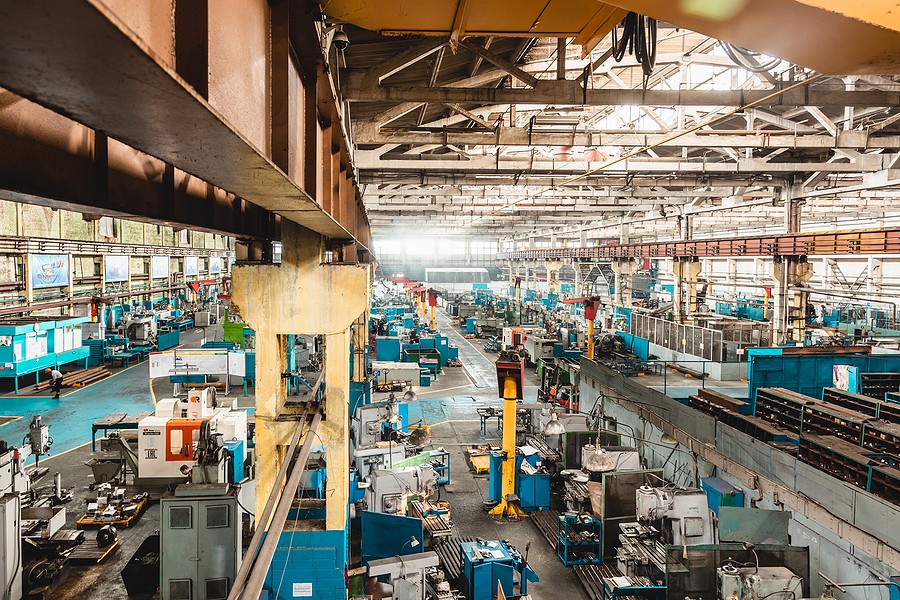The Kinds of Technologies That Are Transforming Manufacturing
New smart manufacturing technologies include internet-connected smart assets, artificial intelligence, robotic process automation, cloud and edge computing, blockchain, digital twins, 3D printing, and predictive analytics.
How Changing Manufacturing Technologies Can Increase Productivity
New automation technologies improve manufacturing productivity by streamlining many processes and increasing manufacturing efficiency. They reduce the risks of human error and reduce the cost of product defects. They can streamline workflows so that manufacturing processes are performed faster and more efficiently. They can reduce machine breakdowns, minimize downtime, and lower maintenance costs. New manufacturing technologies improve quality control and reduce production costs. New technologies enable predictive machine troubleshooting. And new technologies can reduce production time.
9 Manufacturing Technologies and Practices That Are Becoming Obsolete
Manufacturing technologies and practices that are becoming obsolete include:
- Physical technologies like fax machines.
- Spreadsheets, PDFs, and Paper used for data management.
- Phone calls and emails used for parts ordering.
- Outdated static parts catalogs (instead of online real-time parts catalogs.)
- Disjointed systems that haven’t been updated in years.
- Outdated software.
- Reliance on manual labor.
- Outdated machinery which results in unplanned downtime, limited availability and increased cost of spare parts, lack of trained equipment experts, and little support from the original equipment manufacturer.
- Only two-dimensional production.
Why Isn’t Using Outdated Manufacturing Technologies Smart?
Using outdated manufacturing technologies results in reduced manufacturing productivity and higher maintenance costs. It limits the potential for production innovation and may result in compliance penalties. Using outdated technologies can put a company at a competitive disadvantage and lead to employee frustration, decreased job satisfaction, and increased employee turnover. Older equipment and processes may be less energy efficient, thus increasing energy costs and older systems may have difficulty integrating with newer systems.
The Role of CNC Machining in New Manufacturing Technologies
CNC machining offers the benefits of precision—producing parts with accuracy and high precision. CNC machines can produce parts that are exact replicas, making CNC machines highly desirable for mass production. CNC machines are highly automated, so there is less need for human intervention, and they provide greater worker safety. Plus, there are no bottlenecks. CNC machining effectively optimizes the use of materials and results in less waste. CNC machining enables rapid prototyping so parts can be quickly refined, thus providing a competitive advantage. Plus, tools can be changed quickly. CNC machines integrate well with other modern manufacturing technologies, including artificial intelligence.
Choose a Highly Regarded CNC Machining Company
Contact Components By Design, based in Charlotte, NC. Components By Design, Inc. has over 15 years of experience with CNC routers and CAD / CAM software and exists to help your complex projects become simple. We offer a complete range of CNC routing services. From simple parts to complicated 3D machining, we can take on any project to add value to your product. We are experienced in machining parts from panel material and solid wood, PVC extruded sheets, acrylics, aluminum, and solid surfaces. Our CNC solutions are well-suited for cabinet makers, architectural woodworkers, building suppliers, sign makers, plastic fabricators, and more.
